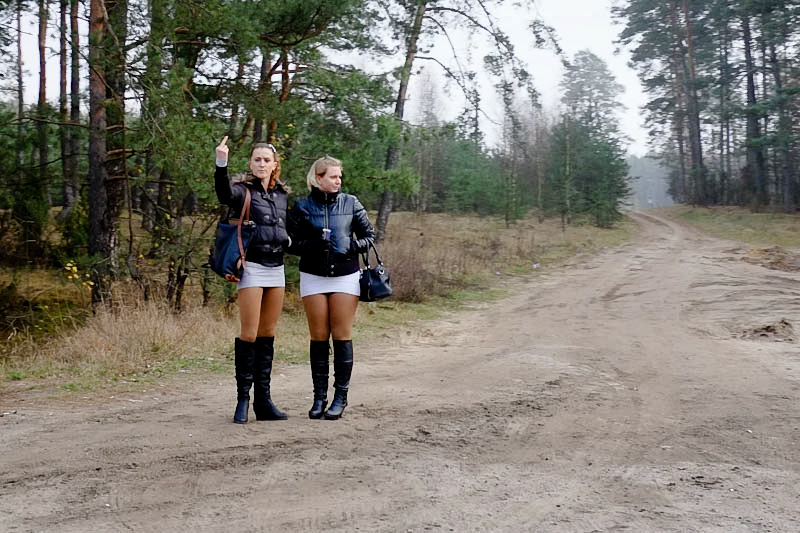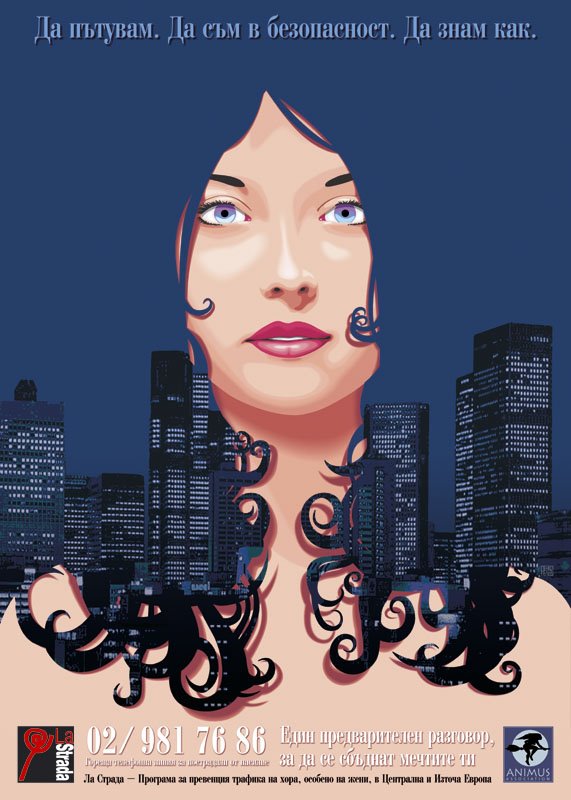
WEIGHT: 62 kg
Breast: 36
1 HOUR:150$
NIGHT: +40$
Sex services: Domination (giving), Rimming (receiving), Lapdancing, Sex vaginal, Domination (giving)

This three-day international workshop was kicked off by co-organiser Magdalena Saryusz-Wolska of the German Historical Institute in Warsaw. Attendees from many academic disciplines and countries attended. Their research utilised a wide array of source materials, ranging from diaries and official documents to film and popular fiction, to produce extremely innovative interdisciplinary research.
Moreover, reflected on what integrating the histories of Central Eastern Europe can add to contemporary research on prostitution. Lastly, she presented a call for a more fine-grained empirical analysis of agency in different context. Using the example of Jewish female activists in 19th century Poland, she showed how the historian may go beyond viewing prostitution as a symptom of urbanization and modernization and consider instead how prostitution was also deeply implicated in wider discourses of masculinity, modernity and urbanity through the creation of civil law.

Using one such document, Klich-Kluczewska evaluated the potential of first-hand accounts to access lived experiences, and how such women found room for manoeuvre within power structures. She demonstrated how individuals used languages of both victimhood and agency, and how we as historians can meaningfully engage with competing narratives within our sources. After prostitution was regulated in , women were issued with yellow tickets, subjected to regular compulsory medical inspection, and limited in their freedom of movement by Russian authorities.
Furthermore, prostitutes used their legal status to argue for their rights against overenthusiastic law enforcement, writing petitions to the police against brothel closures or being forced into a place of work, often using negative discursive tropes to their own advantage. Using legislation, court cases and medical reports, she presented an alternative perspective from the position of state authority, demonstrating the change in official conceptions of prostitution over time.

She made the case for considering Central-Eastern Europe on its own terms, due to divergent patterns of industrialization and modernization compared to Western Europe. The complex and differentiated history of the region in the 20th century, involving the collapse of multi-ethnic empires and the subsequent birth of nation states, German occupation and later Soviet influence, further complicate the picture of prostitution histories.

































